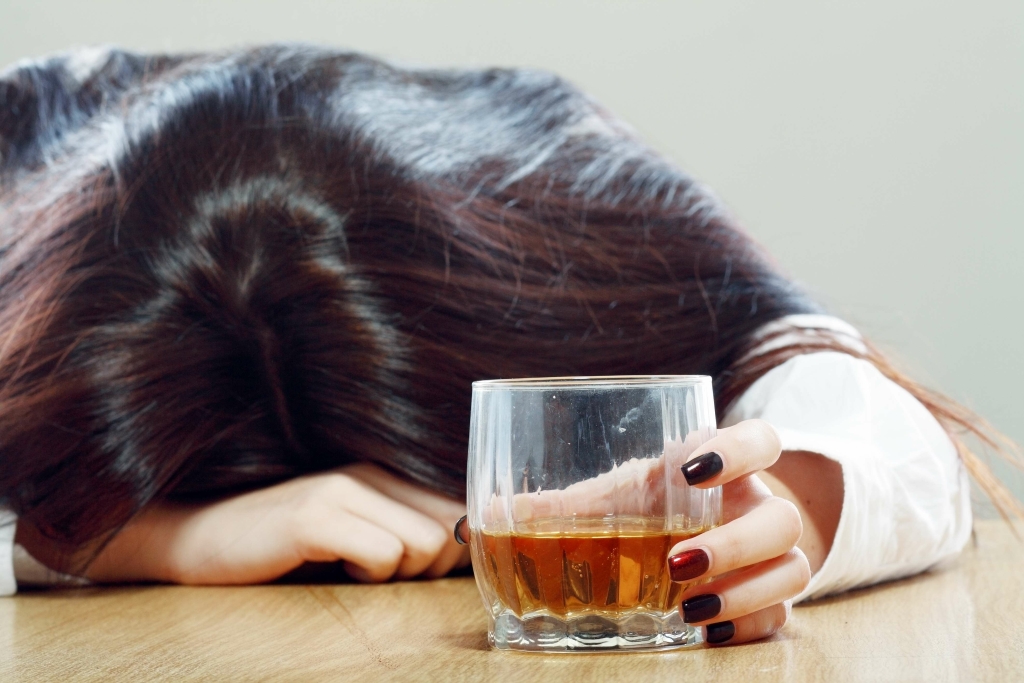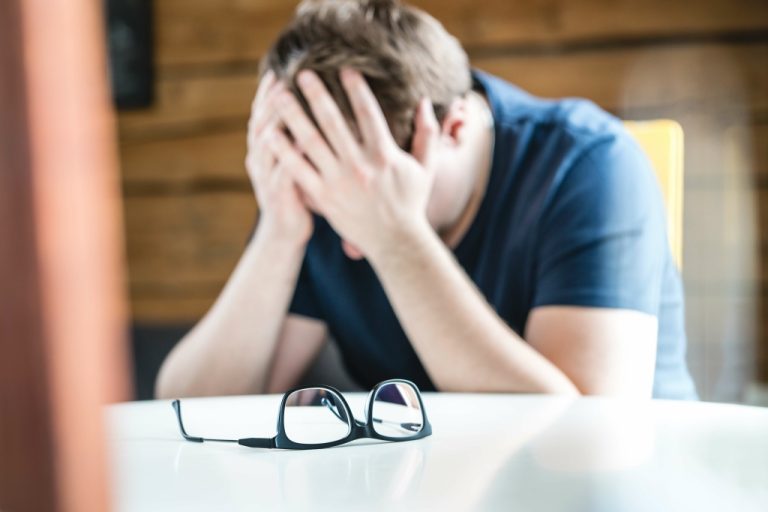Verbalizing feelings, even when it’s uncomfortable, can help conceptualize and take responsibility for the next steps necessary. Joining and becoming engaged in a recovery community is beneficial as well, as it allows relationships to develop between people who have shared experiences and understand each other. Also remember that a support system isn’t only there to help through the bad—they are there to celebrate the good, as well. In conclusion, enjoying life without drugs and alcohol is not only possible, but can lead to a more fulfilling, healthier, and happier existence.

When you’re under the influence, it can be more difficult for you to keep consistent and focused on what you do. For me, I would repeat tasks, or get lost in the middle of one. Very often, we attract people that share the same interests as us. In moments when we use drugs or alcohol, we tend to attract losers. So, as conflicts about the substance use escalate – more drinking or drug use occurs, and so on. These activities act as distractions and introduce individuals to new, positive circles of friends and interests, boosting self-worth.
Financial Consequences of Addiction
It takes time to adjust to living honestly, but once you do, you’ll feel a sense of lightness and ease you might never have experienced before. A life in recovery gives you the unique opportunity to develop healthy coping mechanisms. These mechanisms will pave the way for overcoming hardship without relying on a substance.
- In this case, the first reason to quit using is to avoid punishment.
- Emotional health can also take a toll, causing mood swings, depression, and anxiety.
- Talk with your health care provider to understand your specific risks and benefits regarding alcohol use.
- If you find yourself struggling with substance abuse or destructive behaviors that are holding you back from being all you can be, it’s time to consider rehab.
What factors (people/places/feelings/activities) were related to your drinking or wanting to drink? If you find that you’re struggling with cravings and slips, there are medications that can help. With self-help books, social support, and/or therapy, you can also learn different ways to manage the urges with various coping skills.
Lower Cancer Risk
Over a few weeks, it should be possible to stop drinking altogether— as long as there isn’t already an alcohol dependence or AUD that requires treatment. Instead of automatically reaching for a drink or looking forward to unwinding with several drinks or a bottle of wine, cutting out alcohol paves the way to healthier ways to reduce stress. After all, anyone who drinks too much to avoid thinking about problems knows that the problems will still be there the morning after. With a clear head, though, the sober individual can better identify solutions to problems before they get out of hand, and find no need to chase stress with alcohol. That’s mainly due to the DNA damage that occurs as a result of the body breaking alcohol down into the chemical acetaldehyde. Everyone has their own triggers that tempt them to start using drugs again.

Naltrexone is one type of medication that can help reduce alcohol cravings, making it easier for some people to stop drinking. Volpicelli says that some of the negative effects of alcohol on mental health can be reversed if you stop drinking. Skip the Monday blues and give a big hello to Primary Therapist at Lantana, Chip Eggleton, on this #MeetTheTeam Monday. Chip was inspired to pursue a substance use disorder treatment career after his experience with the recovery community. Living a drug-free life can help foster improved communication, trust, and overall relationships with family and friends, as well as lead to increased self-esteem.
Mental Health Benefits of Quitting Alcohol
According to a study at Mayo Clinic, exercise helps reduce stress, improves mild-to-moderate depression and anxiety, improves sleep and boosts mood. The study suggests a simple brisk walk is enough to reap benefits of living an alcohol and drug free lifestyle these benefits. You may also experience what is commonly called sobriety fatigue, which refers to the overall exhaustion that may occur as a result of the emotional and physical stress of staying sober.

Alcohol intake can cause irregular sleep cycles which can affect overall health. Reducing alcohol intake can help improve the sleep cycle due to more stable blood pressure and heart rate. Honesty promotes trust among peers, aids in building strong bond, promotes healthy coping mechanisms, and enables us to take accountability for our feelings, thoughts, and actions. While it can be tempting to revert to old, dishonest tendencies, leading with honesty will promote a successful recovery. Recovery from drug and alcohol addiction is a life-long process with many challenges and obstacles to overcome along the way. Addiction compromises personal relationships with loved ones and interferes with responsibilities.